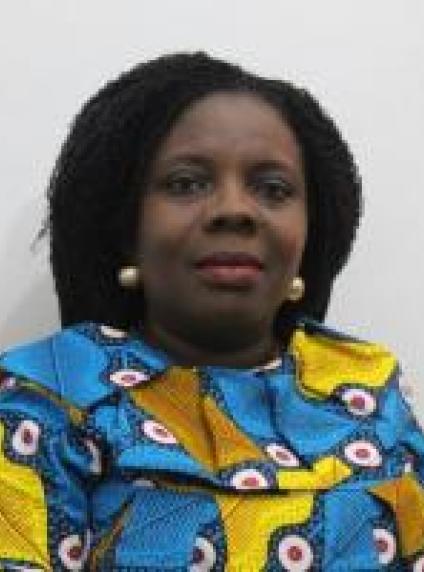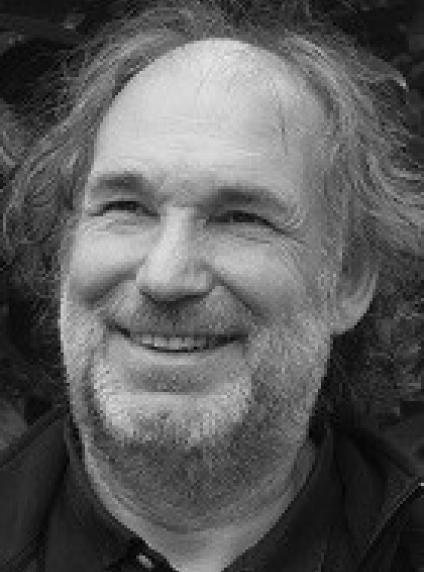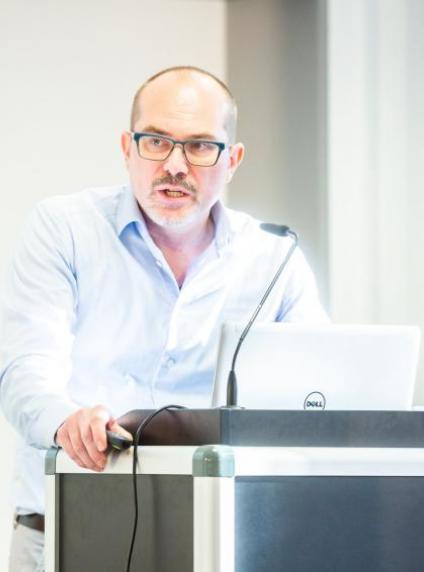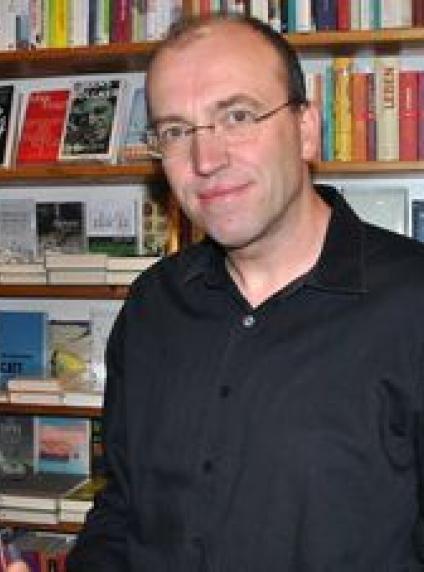By the end of 2021, three different institutions came together to bring to life “At the Cutting Edges of Knowledge Production: Borders and Black Holes in Academic Dialogue”. CALAS, the German Federal Ministry of Education and Research (BMBF) and The Bielefeld University held the International Conference to address the challenges of the Anthropocene era. This podcast summarizes the papers presented in the first session in which scientist from different corners of the world built on the hub of environmental crises while questioning the role and limits of social sciences within the Anthropocene.
Charlotte Wrigley-Asante is an Associate Professor in the Department of Geography and Resource Development, University of Ghana and is co-Director (Ghana) of the Merian Institute for Advanced Studies in Africa (MIASA), based on University of Ghana campus. Her main research areas include gender, urbanization, poverty and empowerment issues in Ghana. She has conducted research in the areas of gendered livelihoods focusing specifically on women and natural resources management, women in informal cross-border trading in urban Ghana; gender dynamics of crime and safety in urban public spaces; and gender and climate change issues in Ghana. Research in the area of climate change has focused on the gendered implications of climate change on small-holder agricultural farmers and the gender differences in their adaptation strategies in different geographical settings.








